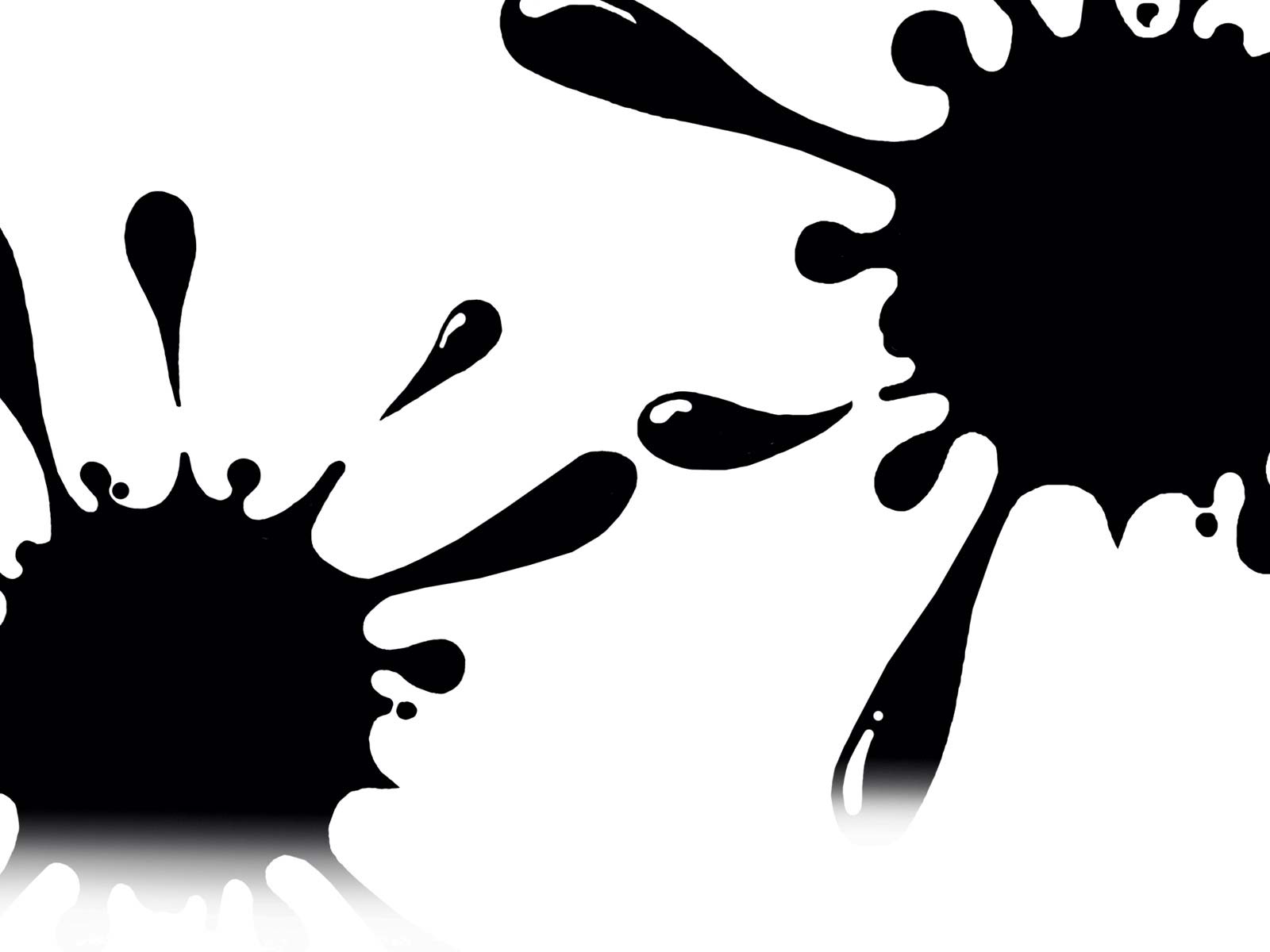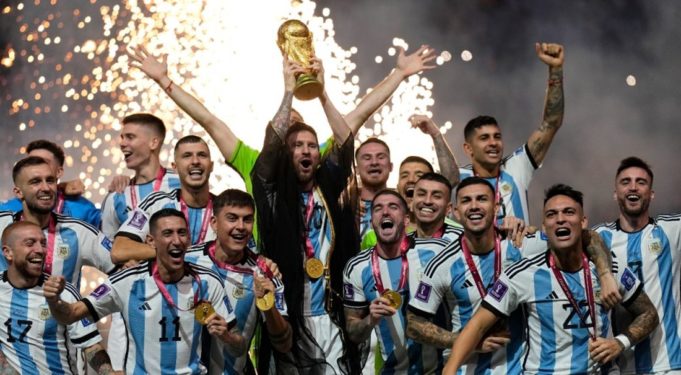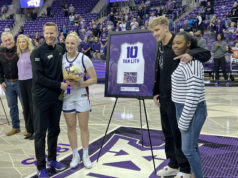The World Cup final was one for the ages, as Argentina blew 2-0 and 3-2 leads to the French before finally prevailing on penalty kicks. The superstars lived up to their billing, as Kylian Mbappé scored a hat trick in a losing cause and Lionel Messi, in his last appearance for Argentina, scored two goals, finally got the monkey off his back, and made his compatriots party into the Southern Hemisphere’s summer night. We deserved such a final, even if the host country didn’t.
Speaking of which, Qatar Airways canceled a bunch of flights from Morocco and left fans of the Atlas Lions stranded. Granted, the Morocco fans received refunds and may have been glad to skip the semifinal loss to the French, but still, you’d think the Qataris would want fellow Arabs there. Meanwhile, FIFA president Gianni Infantino refused to play a message of peace at the final from Ukrainian president Volodymyr Zelensky, saying that politics had no place in soccer. Holding the tournament in a country that didn’t kill several thousand migrant workers to build their stadiums would have been a better way to do that. Let’s get to the questions.
What does this mean for Argentina?
Lionel Scaloni, who is 44 and played alongside Messi for the national team on a few occasions, is the youngest coach ever to win the World Cup. It is Argentina’s first win since 1986, when they were led by the drama machine that was Diego Maradona. (If only “El Pibe de Oro” had been around to see this, he would have celebrated in proper fashion.) Messi already had a decent claim to being the best soccer player of all time, and now this title makes it that much stronger. He certainly has the advantage over his longtime nemesis Cristiano Ronaldo, with his Copa América and World Cup wins trumping CR7’s Euro 2016 title. Messi has always been regarded as an outsider by some of his fellow Argentines because he spent much of his childhood in Spain and didn’t play for either of Argentina’s big club teams (Boca Juniors or River Plate), but conquering the world will put an end to that. Also legendary soccer announcer Andrés Cantor made headlines of his own with his tearful call of his home country winning the big one. The broadcaster who was big before his sport was big in many places had to call World Cup 1994, when Argentina were eliminated on a last-second wondergoal by Dennis Bergkamp, and World Cup 2010, when Messi and Co. lost the final to that superb German team. He deserves this win as much as anyone.
Were the Argentinians just lucky?
Yes, but not just. You can devalue their win if you want by pointing out that they didn’t have to face Brazil in the semis, or that the French lost a whole bunch of players to injury and disease by the time the final was played. (By the way, Les Bleus reaching the final at all is a testament to Coach Didier Deschamps’ adaptability.) In a short tournament like the World Cup, luck always plays an outsized role. Argentina’s squad probably doesn’t measure up to previous World Cup winners’, but maybe the fact that Messi successfully carried his mates one last time is more important.
Who is in your team of the tournament?
GK: Dominik Livaković (Croatia)
RB: Achraf Hakimi (Morocco)
CB: Virgil van Dijk (Netherlands)
CB: Joško Gvardiol (Croatia)
LB: Theo Hernandez (France)
DM: Casemiro (Brazil)
CM: Rodrigo de Paul (Argentina)
AM: Antoine Griezmann (France)
SS: Lionel Messi (Argentina)
CF: Kylian Mbappé (France)
Bench: Yassine Bounou (Morocco), Wojciech Szczęsny (Poland), Rúben Dias, (Portugal), Denzel Dumfries (Netherlands), João Cancelo (Portugal), Marcos Acuña (Argentina), Jules Koundé (France), Tyler Adams (USA), Luka Modrić (Croatia), Hakim Ziyech (Morocco), Bukayo Saka (England), Cody Gakpo (Netherlands), Harry Kane (England), Olivier Giroud (France)
Coach: Didier Deschamps (France)
What happens now?
World Cup 2026 takes place at AT&T Stadium and other venues across North America, and host countries USA, Canada, and Mexico won’t have to qualify. The other North and Central American countries will still have slots to fight over, because the field will be expanded from 32 to 48 teams.
48? How is that going to work?
In typical FIFA fashion, they haven’t figured that out yet. The current format, in place since 1994, is simple enough to understand because 32 is a square number. The group stage with eight groups of four teams winnows out exactly half the field, then the remaining 16 teams are put into a bracket. Would the new format have 16 groups of three? That probably means two-thirds of the teams go home after the group stage. Twelve groups of four? Then some but not all of the second-place teams advance. Eight groups of six? That means tons of games and perhaps a two-month World Cup, but whichever way you slice it, there are going to be more matches to add to a soccer calendar that’s already congested. We won’t know the answer until ’26, but I rate the chances of a logistical catastrophe at around 38 percent.
What do we think about David Beckham being an ambassador of this World Cup?
I’m not sure. The Qatari government paid him somewhere around $170 million to be a goodwill ambassador for the tournament, and he has apparently done very little to earn that salary besides sitting on his well-formed ass in the skyboxes at matches. Normally, I’m bitter towards people who draw handsome paychecks for doing nothing, but the idea that he’s screwing this petroleum state out of so much cash while barely lifting a finger to promote Qatar is apparently making the country’s sheikhs furious. That makes me smile. If he donated that money to LGBT or immigrant causes in the U.K., I’d really be on his side.
Where are your lists of the World Cup’s hottest players and the players with the best hair?
Not doing them this year, since this is happening during my busy season as a film critic. Look for those four years from now when I can devote more attention to the tourney. In the meantime, I’ll my winter transfer column at the beginning of February, when I’ll analyze the effect the tournament has had on club teams. Hope you’ve had as much fun at this tournament as Andrés Cantor.













